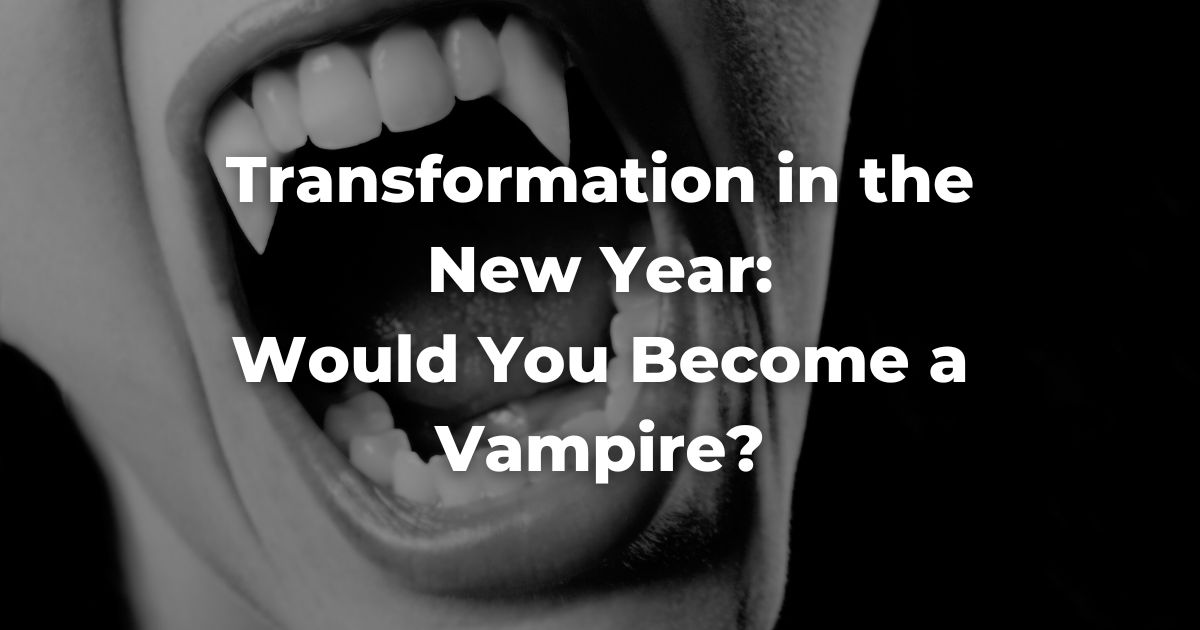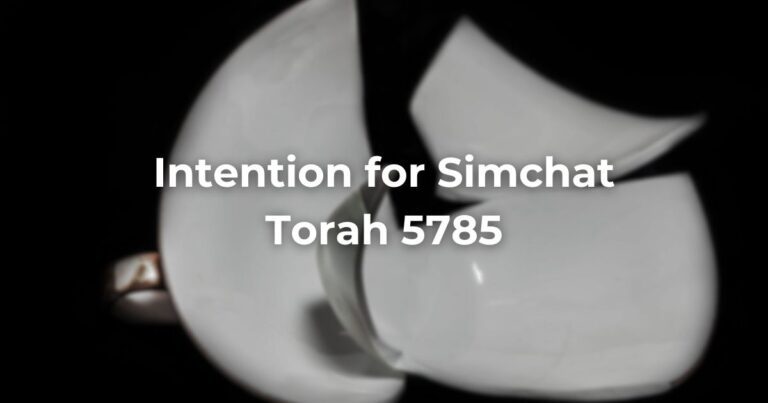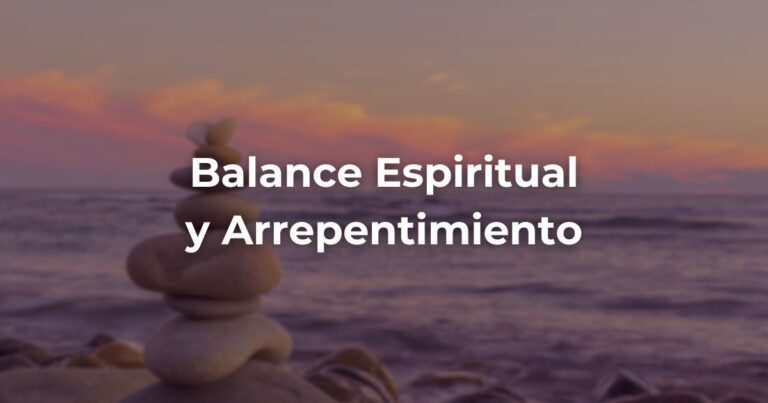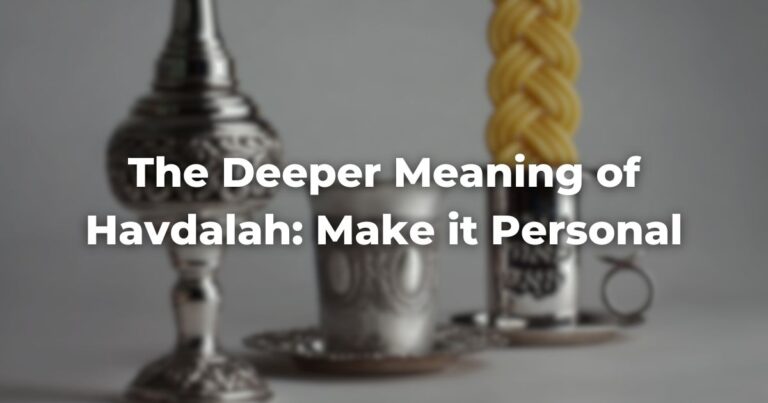Imagine someone came up to you one day and asked if you wanted to become a vampire. They could snap their fingers and—woosh!—you’d join the Undead, roaming the earth for eternity. Rather than eating human food, you’d drink blood for sustenance. You’d no longer have human senses, but instead gain echolocation to navigate at night. You would abandon your human occupation and human friends, and instead roam the earth pursuing vampire goals. And most importantly—you’d find all of this incredible. In fact, you’d feel that your life has a greater sense of meaning and purpose than it ever did before.
Would you agree to become a vampire?
While the content of this thought experiment is fictional (sorry about that), it is contemporary philosopher Laurie Paul’s way to illustrate what she calls “Transformative Experiences.” Paul claims that Transformative Experiences have two key features:
1) Epistemically transformative: You gain knowledge—specifically first-person, subjective knowledge—that you couldn’t have gained without having the actual experience. For instance, if you’ve never tried vegemite and then you taste it, you gain new knowledge—what it’s like from your first-person perspective to taste vegemite.
2) Personally transformative: Once you have had the experience, much of what makes you you—including your preferences, goals, and values—radically changes, sometimes in ways that you can’t anticipate.
Becoming a parent, moving to a new country, adopting a pet, going to war, or losing a sense of smell can all be transformative in this way. Paul proposes that the two key features of transformative experiences render common tools of rational decision-making completely useless. One intuitive way of making decisions is to project our first-person perspective forward into the various choice contexts, imagine what life in those situations would be like, and then choose the best one. But when Transformative Experiences are at play, you don’t have the epistemic capacity to know what the experience will be like, and you don’t know what you’re going to personally value once you have the experience. So, this way of approaching potentially transformative decisions cannot help you.
How, then, are we supposed to approach situations that may lead to Transformative Experiences? Via the curiosity of revelation. Paul proposes: if you are curious what it will be like to have the experience, then you should have it. If not, then you shouldn’t.
Our people had an important Transformative Experience spurred by the curiosity of revelation of revelation: the revelation that took place at Mt. Sinai. The MidrashThis word is used in two ways, as both a concept and a literature. As a concept, midrash is the expansive interpretation of biblical texts. The term is used to describe the practice of rabbinic interpretation. As a text, it refers to specific collections of interpretations, particularly from the third to ninth centuries in the Land of Israel and Babylonia. Plural: Midrashim
Read more in Mekhilta D’Rabbi Yishmael recounts that God first offered the TorahRefers to the first five books of the Hebrew Bible, the Tanakh, also called the Five Books of Moses, Pentateuch or the Hebrew equivalent, Humash. This is also called the Written Torah. The term may also refer to teachings that expound on Jewish tradition. Read more to other peoples. The Edomites’ first reaction is to ask, “What’s in it?” God says, “Don’t steal.” The Edomites respond, “But this is what we have inherited from our father, as it is written: By your sword shall you live (Genesis 27:40)!”
The Edomites attempt the impossible exercise that Laurie Paul warns us against. They try to imagine life if they are given the Torah, and based on their current understanding of themselves and their values, they decide that it doesn’t sound right for them. But that’s exactly the wrong thing to be doing in this potentially transformative moment. They are about to be in relationship with the Creator of the universe, be guided by a completely novel set of laws, experience meaning in a completely different way. There’s no way to imagine what this is going to be like without actually experiencing it.
And that’s exactly the way that B’nei Yisrael respond in this Midrash. Famously, they simply say, “na’aseh v’nishmah”—we will do and we will listen. They ask no questions.
Why is that considered praiseworthy? We’re a people of questions! We have a whole holiday, Passover, devoted to asking questions. But here, there are no relevant questions. There is no information that could help them decide. The only way to make this decision is to be curious about the revelation of revelation.
In some ways, this message is profoundly antithetical to the experience many of us have on Rosh HaShana. After all, many of us experience this holiday as a longing for change—without success. We work on the same midot (character traits) every year, struggle with the same relationships and flaws, the same mitzvot. Maybe we make incremental progress, setting up our systems and accountability buddies and going to therapy, and maybe we see small, incremental changes, or maybe none at all. That’s our daily reality.
And completely in contrast, a few times in our lives we are presented with Transformative Experiences—opportunities to fundamentally change who we are, seemingly without any effort whatsoever, by simply saying yes.
Most of the time, we can’t construct a moment that leads to a Transformative Experience. We can’t simply decide to become a parent, or lose or gain a sense, or go to war, or become a vampire. What we’d really like, though, is some small inkling of the power of transformative change that is promised by Transformative Experiences—and to bring that into our daily struggle for change.
What I’d like to suggest for the aseret yamei ha’teshuva (the days leading up to Yom Kippur) is to tap into the curiosity of revelation of revelation that B’nei Yisrael experienced at Sinai. It was a transformative experience for our people to establish a covenant with God, to come into relation with God for the first time. So, what I want to propose is that establishing a new or different relationship with God might be a way for each of us to draw on the power of that transformative experience, in miniature. Perhaps this could be a way to gain new knowledge or to shift your values, desires, and goals in a way that, before this, you could scarcely imagine.
Shana tova.
Author
-
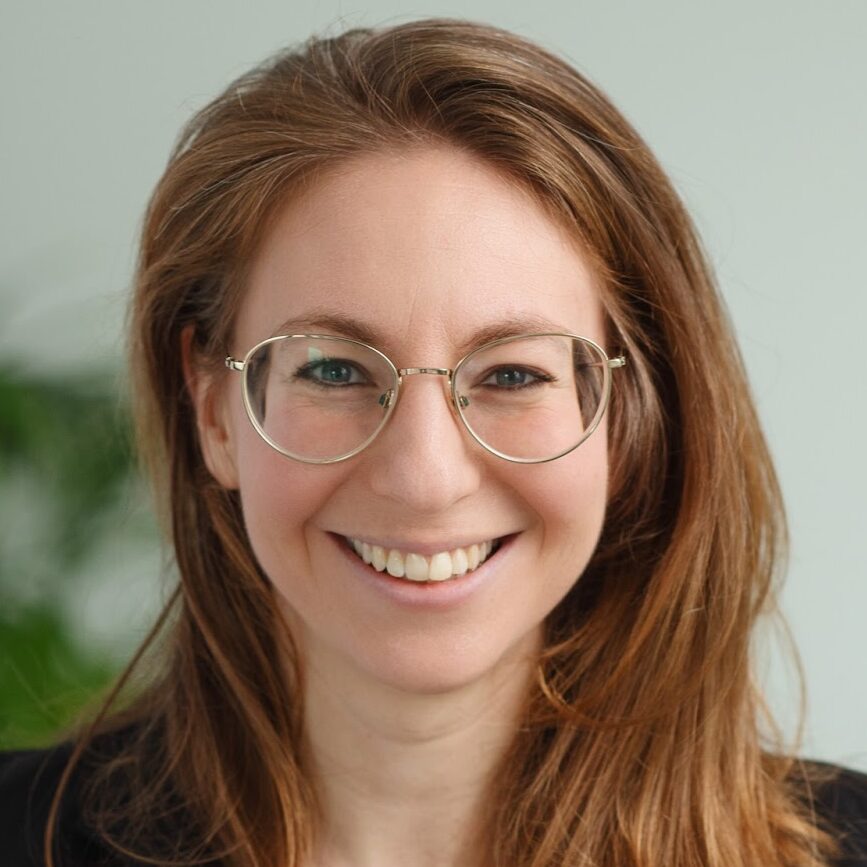
Sydney Levine is a cognitive scientist, who studies how insights about the human moral mind can help us build AI systems that are safer and more aligned to human values. She received her PhD from Rutgers University and then held a joint appointment as a postdoctoral scholar at Harvard and MIT. Currently, she is a research scientist at Google Deepmind. In Spring 2026, she will start as an Assistant Professor of Psychology at NYU. She is writing a book of divrei Torah, which is scheduled to be finished in 2047.
View all posts

